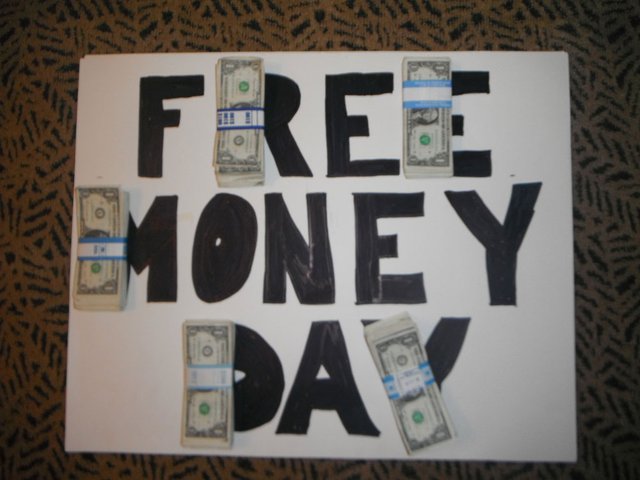Need of Basic Income due to the Coronavirus Outbreak

As the coronavirus pandemic's economic toll escalates, momentum rises to provide urgent economic relief for the millions of Americans whose lives have been upended. Utah Senator Mitt Romney has suggested giving every American adult a one-time infusion of $1,000 during the crisis, though Trump Administration officials are still considering the concept of direct cash transfers to Americans.
Though one-time "stimulus checks" are an option — as they were in the immediate aftermath of the financial crisis of 2008—many Americans will need longer-term assistance to survive the financial storm that is coming. The poor Americans would need a "emergency basic income" (EBI)—i.e., rather than a single shot of cash. Continuing cash assistance, no-strings-attached, close to what former presidential candidate Andrew Yang suggested on the campaign trail.
As Americans hunker down to escape the possibility of contagion in their homes, restaurants, bars, hotels, and convention centers were the first to experience the fallout. Within Washington, D.C. City, for example, union official John Boardman told the local ABC affiliate that 75 percent of the hospitality staff in the area are already idled, and that the share of sidelines employees could grow to 90 percent within a week.
Prosperity Now, a non-profit organisation, reports that more than a third of U.S. families are "capital asset low," which means they don't have enough cash on hand to cover three months of household expenses. Among color families, even overwhelmingly concentrated in lower-wage jobs, the rate of liquid poverty is as high as 53 per cent.
In the medium term, providing these employees with a steady source of income could help them keep on paying the rent and putting food on the table. They may help stave off the direst struggles of homelessness and starvation and help the poor from turning to payday loans, pawnshops and other fraudulent financial providers who could be all too willing to take advantage of the crisis.
EBI would also be more urgent than merely expanding unemployment insurance payments, as the House's recently passed coronavirus relief program would do. Although the $1 billion contained in that bill for unemployment insurance is a crucial measure, many employees are also likely to lose out if they are temporarily idled. Many state unemployment insurance systems allow applicants to show that they are looking for jobs, a provision that makes no sense as business as a whole has literally evaporated for the moment. Workers must also be unemployed if they are to be considered, as opposed to merely furloughed from their jobs.
Plus, they have to apply for new benefits weekly — a bureaucratic detail that makes sense under normal circumstances but is today an excessive relief obstacle. And although the proposed funding will provide states with $500 million in emergency grant assistance, those states would also demonstrate a 10 percent rise in unemployment to qualify for such dollars — a relatively high threshold that may take some time to meet. In short, the demands of an imminent pandemic are not addressed by such initiatives and proposals. We're going to need something more.
The good news is that the Administration's support of direct assistance suggests it may be acknowledging the shortcomings of the payroll tax cut that President Donald Trump first introduced, which would favor mostly more wealthy employees and those who struggle to hold their jobs.
There is no question that the economic effects of the coronavirus pandemic will require long-term, sustained attention. But now, we need to take decisive steps to alleviate the acute suffering of the most marginalized employees in America.